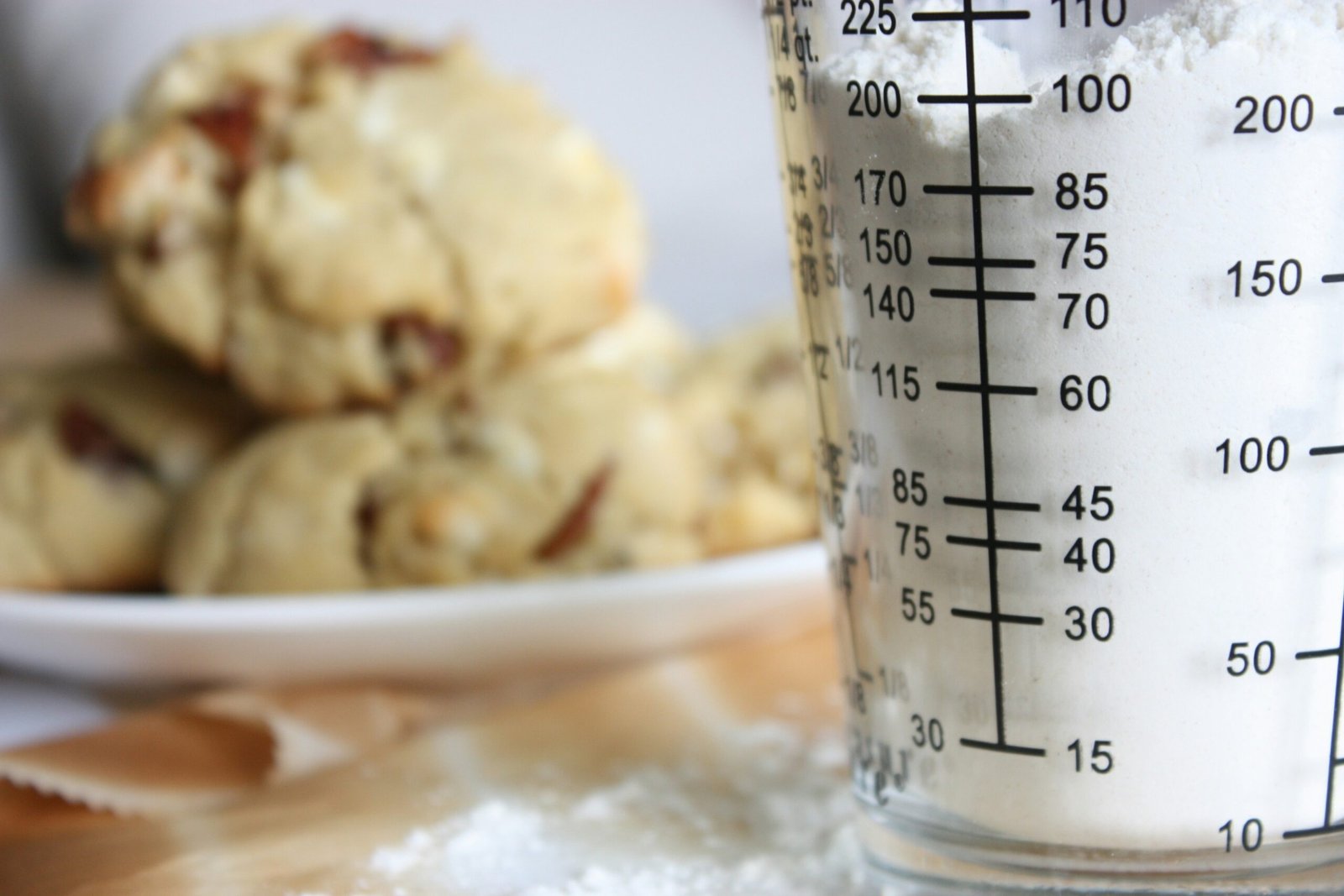How Do You Treat A Sudden Gout Attack?
Understanding Gout
Gout is a type of arthritis that occurs when there is a build-up of uric acid in your joints, leading to sudden and severe pain, swelling, and redness. The big toe is a common joint affected by gout, although it can also occur in other joints such as the ankle, knee, wrist, or elbow. Gout attacks can be extremely painful and debilitating, making it crucial to know how to treat them effectively.
Symptoms of a Gout Attack
Before we dive into the treatment options, let's first identify the symptoms of a gout attack. The most common symptoms include:
- Sudden and intense pain in a joint, often in the big toe
- Swelling, redness, and warmth in the affected joint
- Limited range of motion in the joint
- Tenderness and sensitivity to touch
If you are experiencing these symptoms, it is important to seek treatment promptly to alleviate the pain and prevent further complications.
Treatment Options for a Sudden Gout Attack
When it comes to treating a sudden gout attack, there are several options available. The primary goals of treatment are to reduce pain and inflammation, lower uric acid levels in the body, and prevent future gout attacks. Here are some effective treatment options to consider:
Nonsteroidal Anti-Inflammatory Drugs (NSAIDs)
Nonsteroidal anti-inflammatory drugs, or NSAIDs, are often the first line of treatment for gout attacks. These medications help reduce pain, swelling, and inflammation in the affected joint. Common NSAIDs used for gout include ibuprofen, naproxen, and indomethacin. It is important to follow the recommended dosage and duration of treatment to avoid side effects such as stomach upset and gastrointestinal bleeding.

Colchicine
Colchicine is another medication commonly prescribed for the treatment of acute gout attacks. It works by reducing inflammation and decreasing the production of uric acid crystals in the joints. Colchicine is most effective when taken at the first sign of a gout attack and should be taken as directed by your healthcare provider to avoid side effects such as diarrhea and nausea.
Corticosteroids
In cases where NSAIDs and colchicine are not effective or tolerated, corticosteroids may be used to treat gout attacks. Corticosteroids help reduce inflammation and pain in the affected joint. These medications can be taken orally, injected into the joint, or administered intravenously depending on the severity of the gout attack. It is important to work closely with your healthcare provider to determine the most appropriate corticosteroid treatment for your individual situation.
Home Remedies for Gout Relief
In addition to medications, there are several home remedies that can help provide relief from a sudden gout attack. These remedies may help reduce pain and inflammation in the affected joint, as well as prevent future gout attacks. Here are some effective home remedies to consider:
Rest and Elevation
Resting the affected joint and elevating it above heart level can help reduce swelling and relieve pain. Avoid putting weight on the affected joint and use pillows to elevate it while sitting or lying down.

Ice Packs
Applying ice packs to the affected joint for 15-20 minutes at a time can help reduce pain and inflammation. Wrap the ice pack in a towel to protect your skin and avoid applying ice directly to the skin.
Hydration
Drinking plenty of water can help flush out excess uric acid from your body and reduce the risk of gout attacks. Aim to drink at least 8-10 glasses of water per day to stay properly hydrated.
Healthy Diet
Following a healthy diet low in purines can help lower uric acid levels in your body and prevent gout attacks. Avoid foods high in purines such as red meat, organ meats, shellfish, and alcohol. Instead, focus on consuming plenty of fruits, vegetables, whole grains, and lean proteins.
Avoid Trigger Foods
Certain foods and beverages can trigger gout attacks in susceptible individuals. Common trigger foods include red meat, organ meats, shellfish, sugary beverages, and alcohol. Identify your trigger foods and avoid them to reduce the risk of gout attacks.

Over-the-Counter Pain Relievers
Over-the-counter pain relievers such as acetaminophen can help alleviate mild to moderate pain associated with gout attacks. These medications can be taken in addition to prescription medications to provide extra pain relief.
When to Seek Medical Attention
While most gout attacks can be managed effectively with medications and home remedies, there are instances where immediate medical attention is necessary. You should seek medical help if:
- The pain is severe and does not improve with treatment
- The affected joint is hot, red, and swollen
- You have a fever or chills along with the gout attack
- You have a history of kidney disease or other medical conditions
Preventing Future Gout Attacks
In addition to treating a sudden gout attack, it is important to take steps to prevent future attacks. Here are some tips to help reduce the frequency and severity of gout attacks:
Medication Compliance
If you have been prescribed medications to lower uric acid levels in your body, it is important to take them as directed by your healthcare provider. Consistent medication compliance can help prevent future gout attacks and reduce the risk of complications.
Follow a Healthy Diet
Following a healthy diet low in purines and high in fruits, vegetables, whole grains, and lean proteins can help lower uric acid levels in your body. Avoiding trigger foods and staying hydrated are also important factors in preventing gout attacks.
Stay Active
Regular physical activity can help reduce the risk of gout attacks by maintaining a healthy body weight and promoting overall joint health. Aim for at least 30 minutes of moderate exercise most days of the week to keep your joints healthy and prevent gout attacks.
Limit Alcohol Consumption
Alcohol, especially beer and spirits, can increase uric acid levels in your body and trigger gout attacks. Limit your alcohol consumption to reduce the risk of gout attacks and maintain overall health.
Manage Stress
Stress can trigger or exacerbate gout attacks in some individuals. Finding healthy ways to manage stress, such as yoga, meditation, or deep breathing exercises, can help reduce the frequency and severity of gout attacks.
Consult with a Healthcare Provider
If you have recurrent gout attacks or are unable to effectively manage your symptoms, it is important to consult with a healthcare provider. Your provider can help determine the underlying cause of your gout attacks and recommend appropriate treatment options to prevent future attacks.
Conclusion
Treating a sudden gout attack can be challenging, but with the right combination of medications, home remedies, and lifestyle modifications, you can effectively manage your symptoms and prevent future attacks. By understanding the symptoms of gout, following a treatment plan, and taking steps to prevent future attacks, you can reduce the impact of gout on your quality of life. Remember to listen to your body, seek medical attention when needed, and make healthy choices to keep gout at bay.